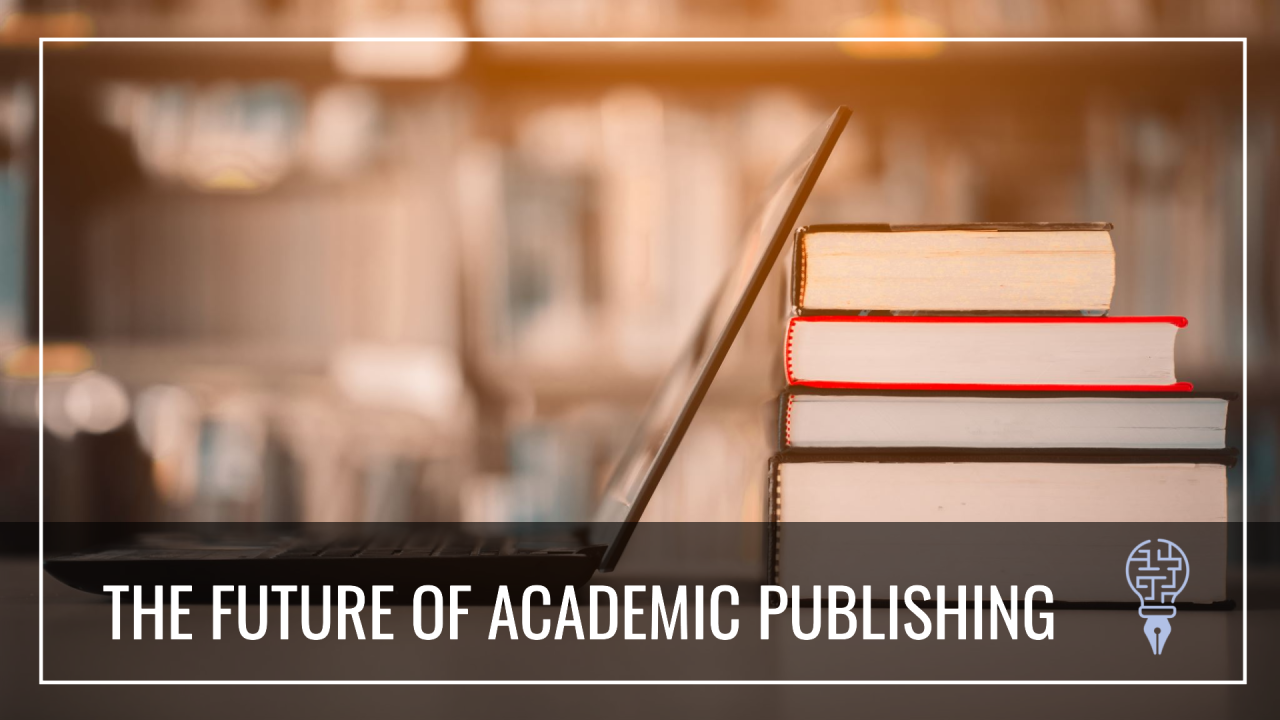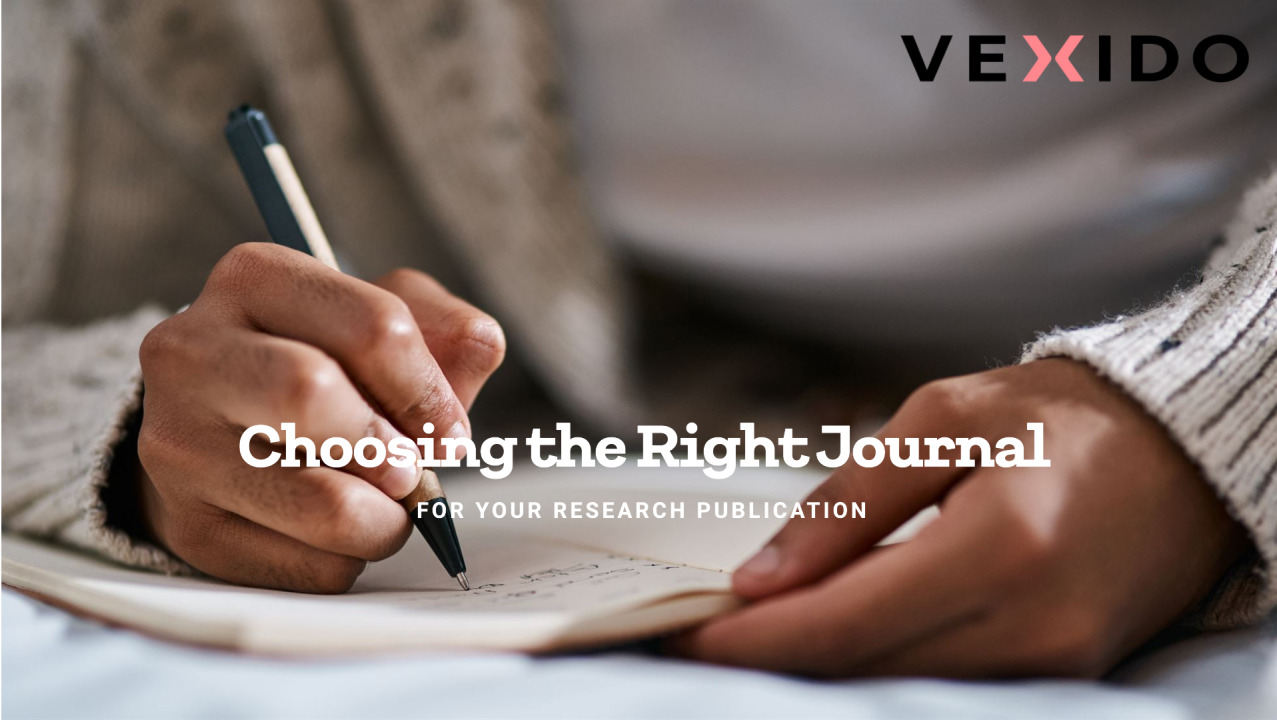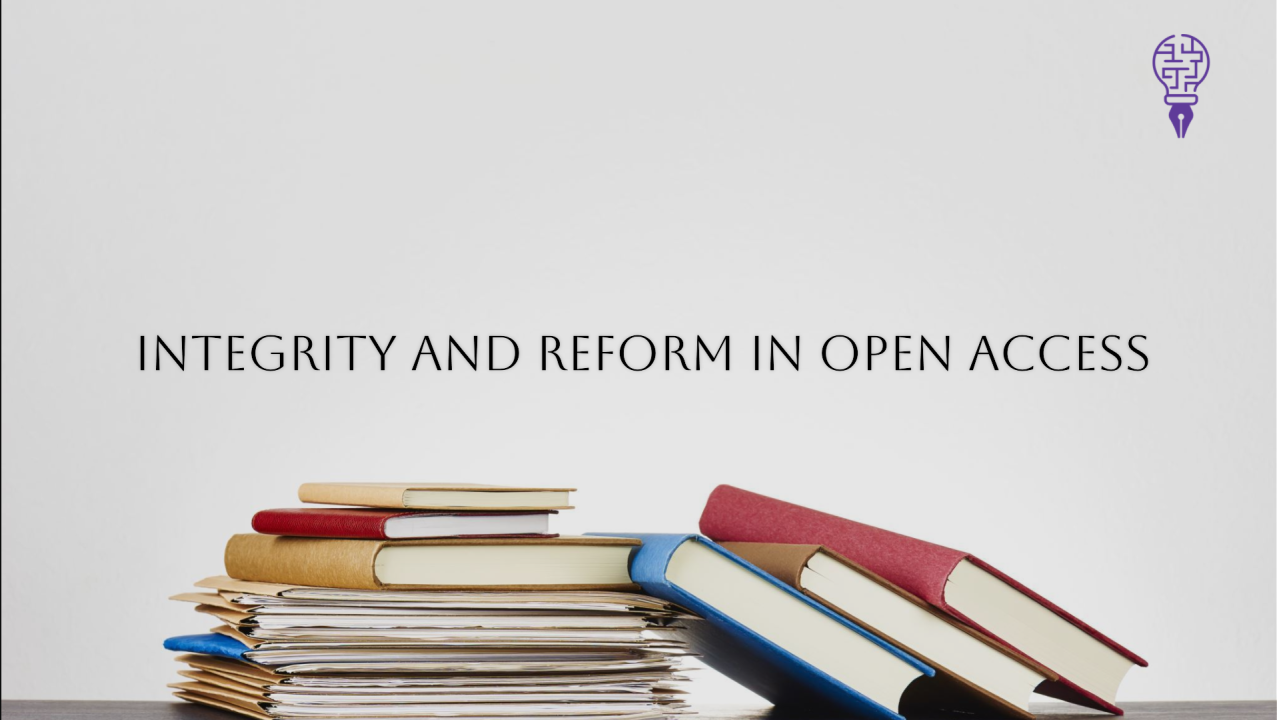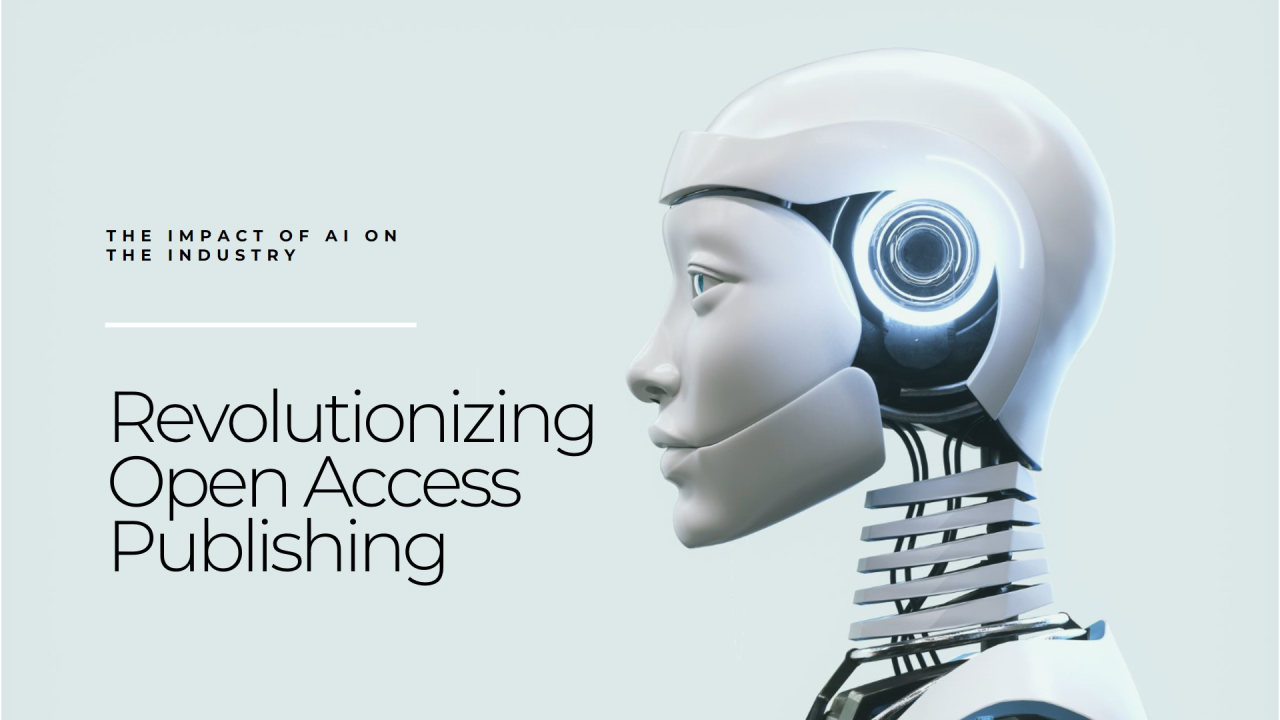Editor-in-chief

Sathishkumar Sankar
Mr. Sathishkumar Sankar is a distinguished researcher and academician in mechanical engineering, currently pursuing his Ph.D. at the National Institute of Technology Agartala, India. His expertise spans solid mechanics, polymer composites, tribology, biomaterials, and advanced material characterization. With a strong focus on biomechanical applications, his research explores the mechanical, biological, and tribological properties of polymer-based materials for potential medical and industrial applications.
He has extensive editorial experience, serving as an Academic Editor for Taylor & Francis Group, UK, and a Guest Editor for the Journal of Visualized Experiments (JoVE, USA). As a peer reviewer for high-impact journals such as High-Performance Polymers and Polymer Plastics Technology & Materials, he actively contributes to the academic publishing landscape. His scholarly work includes multiple books, book chapters, and over 20 peer-reviewed journal papers, reflecting his commitment to advancing mechanical sciences.
Mr. Sathishkumar has received prestigious recognitions, including the Research Excellence Award (IEAE-InSc, India) and a Senior Research Fellowship from NIT Agartala (MoE, Govt. of India). Under his leadership, Vectron: Journal of Advanced Mechanical Sciences is dedicated to fostering cutting-edge research in tribology, material science, and advanced manufacturing, driving innovation in mechanical engineering.
EMAIL: sathishkumar@vexido.com
ORCID ID: 0000-0002-0709-2484
Managing Editor

Dr. P. Azhagarsamy
Dr. Azhagarsamy P is an accomplished researcher specializing in powder metallurgy, additive manufacturing, corrosion, and tribology, with over seven years of research experience. He holds a Ph.D. in Mechanical Engineering from the National Institute of Technology Calicut, Kerala, and has made significant contributions to the field through his research on advanced materials and manufacturing technologies.
His expertise spans materials processing, surface engineering, and wear analysis, particularly in the development of high-performance materials for industrial applications. Dr. Azhagarsamy has published six research papers in reputed Scopus and Web of Science-indexed journals, reflecting his commitment to scientific advancements.
As Managing Editor of Vectron: Journal of Advanced Mechanical Sciences, Dr. Azhagarsamy plays a key role in overseeing the journal's editorial operations, ensuring the publication of high-quality research, and maintaining rigorous peer-review standards. Reporting directly to the Editor-in-Chief, he collaborates with researchers, reviewers, and editorial board members to uphold the journal’s commitment to excellence in mechanical sciences, material engineering, and manufacturing innovations.
With his strong academic background and research-driven approach, Dr. Azhagarsamy contributes significantly to advancing mechanical engineering knowledge, supporting Vectron’s mission to be a leading platform for cutting-edge scientific research.
EMAIL: p.azhagarsamy@vexido.com
ORCID ID: 0000-0002-5535-3810

Dr. S. Madhankumar.
Dr. S. Madhankumar is an accomplished researcher and academician with expertise in computational fluid dynamics, renewable energy, machine learning, optimization, and material science. He holds a Ph.D. in Mechanical Engineering from Anna University, Chennai, with a highly regarded thesis on computational, experimental, and machine learning studies of solar drying devices with thermal energy storage. Currently serving as a Postdoctoral Researcher at the Indian Institute of Technology (IIT) Guwahati, he has over six years of experience in research and academia.
His contributions to the field include 22 Scopus and 19 Web of Science-indexed journal publications, covering solar energy applications, computational modeling, and advanced material technologies. Additionally, he has secured multiple patents related to solar energy systems and absorber plate technologies. Dr. Madhankumar has received several accolades, including Best Research Paper Award, Young Achieving Faculty Award, and High Impact Factor Publication Award for his outstanding contributions.
As a Managing Editor of Vectron: Journal of Advanced Mechanical Sciences, Dr. Madhankumar ensures the publication of high-quality research, collaborating with editorial teams and researchers worldwide. His expertise in mechanical design, computational modeling, and sustainable technologies aligns with Vectron’s vision of fostering advancements in mechanical sciences and engineering innovations.
EMAIL: s.madhankumar@vexido.com
ORCID ID: 0000-0003-4373-9748

Dr. KIRAN KUMAR BILLA
Dr. Kiran Kumar Billa is a distinguished mechanical engineering professional with over 22 years of experience, including 13 years in academia and research. He holds a Ph.D. in Mechanical Engineering from the National Institute of Technology, Agartala, specializing in optimization of performance and emission characteristics using biodiesel in diesel engines with additives. He also completed a Postdoctoral Fellowship in Computer Science from Central Christian University, Malawi, focusing on machine learning applications in optimization.
His research expertise includes waste-to-energy techniques, alternative fuels, artificial intelligence (AI) and machine learning (ML) applications, optimization techniques, and vehicular performance analysis. Dr. Billa has an extensive publication record, contributing to SCI and Scopus-indexed journals on topics such as combustion modeling, AI-driven optimization, and sustainable energy solutions. Additionally, he has secured multiple patents related to fuel injection pressure optimization and biodiesel applications.
As Managing Editor of Vectron: Journal of Advanced Mechanical Sciences, Dr. Billa plays a pivotal role in overseeing the publication’s editorial processes, peer review management, and research quality assurance. His leadership in mechanical engineering innovations, computational modeling, and AI-driven industrial solutions ensures that Vectron remains at the forefront of scientific advancements in mechanical and thermal sciences.
EMAIL: kiran.billa@vexido.com
ORCID ID:

Dr. Lakshmi Narayanan V
Dr. Lakshmi Narayanan V is a Post-Doctoral Fellow at IIT Guwahati Technology Innovation and Development Foundation, specializing in mechatronics, renewable energy, machine learning, and digital hydraulics. He holds a Ph.D. in Mechatronics from Vellore Institute of Technology (VIT), India, where he conducted pioneering research on intelligent pitch controllers for digital hydraulic pitch systems in wind turbines.
With extensive experience in academia and research, Dr. Narayanan has served as Lead Innovation & Assistant Professor at Kumaraguru College of Technology and as a Teaching cum Research Assistant at VIT. He has actively contributed to industry-focused research projects, including IoT-based alert systems for Indian Railways and renewable energy-integrated flood monitoring systems. Additionally, he is a Co-Principal Investigator (Co-PI) on a supercritical foamed 3D-printed biopolymer-based ROV project.
His research excellence is demonstrated through multiple patents, book chapters, and high-impact publications in SCI and Scopus-indexed journals. As a Managing Editor of Vectron: Journal of Advanced Mechanical Sciences, he ensures rigorous peer-review processes and quality research dissemination. His expertise in AI-driven optimization, robotics, and sustainable energy technologies aligns with Vectron's vision of advancing cutting-edge mechanical and mechatronics research.
EMAIL: vln@vexido.com
ORCID ID: 0000-0003-4911-0481

Dr. Ramesh Kumar R
Dr. Ramesh Kumar R. is a dedicated mechanical engineering professional with expertise in finite element analysis, computational fluid dynamics, and transmission system design. He holds a Ph.D. from Vel Tech Rangarajan Dr. Sagunthala R&D Institute of Science and Technology and has a strong academic background, including a Master's from S.K.P Engineering College and a Bachelor's from Ganadipathy Tulsi’s Jain Engineering College.
Dr. Ramesh has an extensive research portfolio, with publications in high-impact Q1 journals such as Elsevier, IOP Publishing, and Taylor & Francis, covering topics like friction welding, heat transfer, vibration analysis, and renewable energy applications. His work bridges the gap between theoretical research and industrial applications, with professional exposure to TVS Brakes India, ICF, and NLC.
A skilled user of AutoCAD, CREO 4.0, CATIA V5, ANSYS CFD, and ADAMS (MSC), he actively participates in faculty development programs at NITs, Anna University, and CADD Centre. His passion for mechanical design, structural analysis, and advanced manufacturing techniques drives his contributions to academia and industry.
EMAIL: ramesh.kumar@vexido.com
ORCID ID: 0000-0002-9310-7776
LINKEDIN PROFILE

Dr. SOUNDHAR A
Dr. Soundhar Arumugam is an Assistant Professor (Research) in the Department of Mechanical Engineering at Vel Tech University. With over 10 years of experience, his expertise lies in material science, composite materials, polymers, food packaging materials, and underwater remotely operated vehicles (ROVs). His research primarily focuses on natural fiber-reinforced biopolymers, polymer degradation, and microplastics, with significant contributions to mechanical and material characterization techniques.
Dr. Soundhar has completed postdoctoral research at IIT Guwahati and IIT Madras, further enhancing his expertise in sustainable materials and advanced composites. He has published 30+ research articles in reputed international journals and has actively participated in international conferences, where he has also chaired technical sessions.
His ongoing research includes funded projects on the development of biopolymer foams for sustainable packaging, supercritical foamed 3D-printed biopolymer-based ROVs, and tribological studies of banana fiber-reinforced PLA composites. Additionally, he is engaged in designing low-cost sustainable food packaging machines to support rural women.
As a Managing Editor of Vectron: Journal of Advanced Mechanical Sciences, Dr. Soundhar brings his deep knowledge of sustainable materials, tribology, and advanced manufacturing techniques to ensure high-quality research contributions. His commitment to eco-friendly innovations and advanced material technologies aligns perfectly with Vectron's mission to drive impactful mechanical and materials science research.
EMAIL: drsoundhara@vexido.com
ORCID ID: 0000-0003-3874-5764















